Washington State Investigation Finds No Link Between Crumb Rubber Fields, Cancer
There is no evidence that playing soccer on crumb rubber sports fields increases the risk of cancer, the Washington State Department of Health (DOH) concluded in its two-year investigation of potential links between crumb rubber in artificial turf and cancer.
The study, released January 18, recommends that people who enjoy playing soccer continue to play soccer regardless of the type of field surface.
The Washington DOH investigation grew out of concern voiced by University of Washington associate woman’s soccer coach Amy Griffen that crumb rubber could be causing cancer in a growing number of soccer players.
In 2009, Griffin said that several soccer goalkeepers had developed blood cancer around the same time period. She started compiling a list of layers who had developed cancer. By 2015, the list had grown to 53 people, prompting the study.
As a result of the investigation, health officials found that the number of cancers among all soccer players reported by coach Griffen was less than expected given rates of cancer in Washington residents.
The investigation also looked at player position, with special emphasis on goalkeepers because of how often they come in direct contact with the surface of the playing fields. It concluded that no one position on the soccer field is at higher risk than another and that neither people with a history of playing soccer nor goalkeepers specifically had an increased rate of cancer diagnosis.
Washington Health officials acknowledged that their investigation of the issue was limited in scope. It was a comparison of cancer rates among soccer players with cancer rates among people in the same age group in Washington, the DOH said. It was not designed to look at the causes of cancer in soccer players nor did it include any testing of soccer fields, they said.
Health officials pointed out that the federal government and the state of California have separate studies of crumb rubber and exposure to it.
Washington State health officials said they would continue to monitor studies on the safety of the fields. In the meantime, “we’re not seeing the crumb rubber is causing a public health concern, … it’s reasonable to install crumb rubber fields,” they said.
Industry Groups Welcome Findings
A coalition of industry groups, including the Recycled rubber Council (RRC), the Synthetic Turf Council (STC) and the Safe Fields Alliance (SFA) welcomed Washington DOH’s report.
“These findings address an area of uncertainty and lend further credence to the many available scientific analyses on this topic with consistent conclusions, Michael Peterson a board certified toxicologist and Scientific Advisor to the RRC said.
STC President Daniel Bond said the industry applauds the Department of Health’s recommendation that children and athletes should continue to play on these surfaces and enjoy the many benefits of exercise and physical activity.
© Scrap Tire News, February 2017






